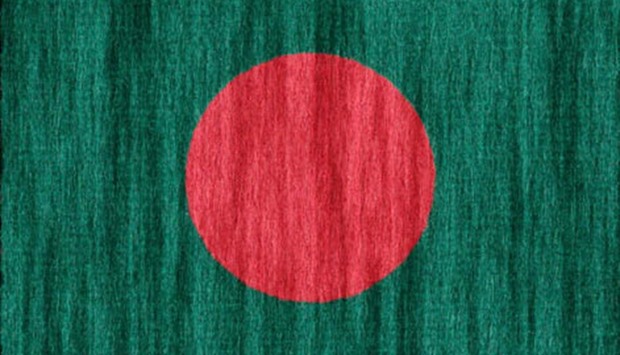Bangladesh witnessed a diminishing democratic space and a steady deterioration in civil and political rights, including extrajudicial killings, enforced disappearances and restrictive action against opposition and human rights activists last year, according to the ‘Human rights and democracy: EU annual report 2015’.
“Intimidation of journalists and editors also increased, while measures were taken to undermine the economic viability of some prominent newspapers,” it said.
As per the report, the main European Union (EU) priorities in the area of human rights and democracy remained judicial reform, a death penalty moratorium, implementation of the Chittagong Hill Tracts Peace Accord, support for Rohingyas, the rights of persons belonging to minorities, human rights defenders, women’s and children’s rights, support for civil society and implementation of labour rights.
“Attacks on freedom of expression multiplied in 2015. The killings of four ‘atheist’ bloggers and one publisher in 2015 proved that the country was not immune to the threat of rising religious extremism.
The deteriorating security situation was underlined by the killings of two foreign citizens,” it said.
“On the positive side, some progress was achieved on social and economic rights,” it added.
“The EU and its member-states regularly followed the human rights situation in Bangladesh through political dialogue, public diplomacy, development assistance and projects, engaging with Bangladeshi representatives, meeting human rights activists or organising field visits to get acquainted with the situation on the spot. The EU heads of mission issued several statements on incidents of violence,” said the report.
On January 15, 2015, it said that the heads of mission also met with the Bangladesh foreign minister to express their regret at the political violence and the resultant casualties.
“The EU strongly condemned the murders of bloggers in several statements and called on the authorities to undertake proper investigations in order to bring the perpetrators to justice. …. issued a statement condemning the killing of an Italian aid worker and calling for those responsible for the crime to be brought to justice,” said the report.
“As regards the death penalty, Bangladesh continued executions and passing death sentences. On April 9, 2015, following confirmation by the Supreme Court of the death sentence in the case of Muhammad Kamaruzzaman, the EU spokesperson issued a statement condemning the death penalty. The lack of fairness and transparency of the proceedings of the Bangladeshi International Crimes Tribunal was criticised by legal experts and by the chair of the European Parliament Delegation for relations with the countries of South Asia,” it said.
“In response to the poor performance of the Election Commission in three consecutive elections (most recently, the April 2015 city corporation elections in Dhaka and Chittagong were marred by many irregularities witnessed by EU ‘watchers’), and pursuant to Article 1 of the 2001 Co-operation Agreement under which respect for human rights and democratic principles is an essential element, the EU decided together with other donors to terminate a programme supporting the election commission,” the report stated.
Co-operation under the framework of the sustainability compact continued in 2015 with the aim of improving labour rights, occupational health and safety conditions in the garment industry in Bangladesh, it said.
The long-awaited implementing rules for the revised Bangladesh labour act were published in September 2015 and factory inspections in the ready-made garment sector continued at a steady pace, it added.
“These issues were discussed at a conference entitled ‘Remembering Rana Plaza: The road ahead’ at the European Parliament in April 2015. At the 104th International Labour Conference, the EU contributed to the examination of compliance of Bangladesh with the ILO Freedom of Association Convention 87,” said the report.
To advance implementation of the Chittagong Hill Tracts (CHT) Peace Accord, the EU financed two projects: the CHT Development Facility project, which received EUR 24 million, and a project to strengthen basic education in the CHT,” it said.
The EU continued its dialogue with civil society organisations and human rights defenders. Continuous support was provided to human rights NGOs through the European Instrument for Democracy and Human Rights, said the report.

bangladesh
